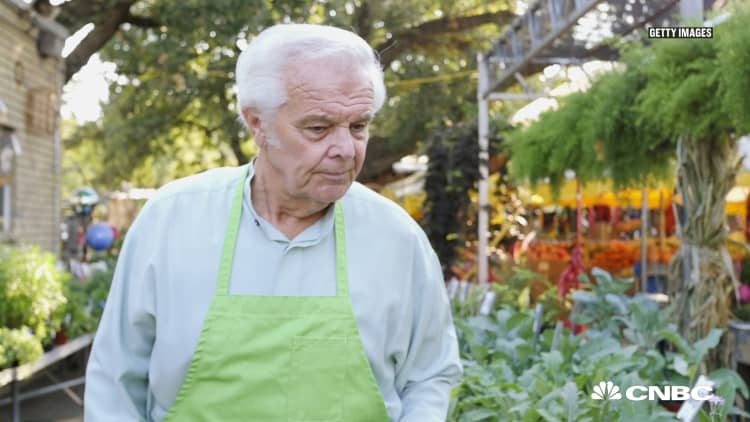The Obama-era myRA program, which was designed for those who didn't have access to a 401(K) or other retirement plan at work, is being shut down by the Treasury Department, reports the New York Times.
According to the Times, "Jovita Carranza, the United States Treasurer, said in a statement that demand for the accounts was not high enough to justify the expense. The myRA program has cost $70 million since 2014, according to Treasury, and would cost $10 million annually going forward."
President Barack Obama first announced myRA, short for my Retirement Account, in 2014 and the plan launched nationwide in November 2015. Since, 30,000 participants had contributed a total of $34 million.
It was geared towards lower-income workers who didn't have a lot of savings and it operated similarly to a Roth IRA. You could contribute after-tax earnings — up to $5,500 a year (or $6,500 for those age 50 or older) — that could be withdrawn tax-free for retirement.
There was no minimum to open an account and employees had the option to fund it with automatic payroll deductions or by making payments directly from a checking or savings account.
The myRA was considered a conservative way to save: Funds were invested only in a new United States Treasury retirement savings bond, which was guaranteed to never lose money. The trade off was that it wouldn't return nearly what a stock fund might.
Not everyone thought the myRA was a good idea. "The myRA actually has the working poor financing the government's deficit spending," certified financial planner . "By creating accounts that invest in a government pool, it's yet another way for the Treasury to raise funds without having to sell bonds in the public markets."
And while myRA ultimately encouraged saving for retirement — which many Americans are not prepared for — it had its limitations, including an account cap at $15,000.
It's now no longer an option. Participants will receive an email Friday morning notifying them that they can roll their myRA funds into a Roth IRA.
Like this story? Like CNBC Make It on Facebook
Don't miss: Here's how much the average American family has saved for retirement



